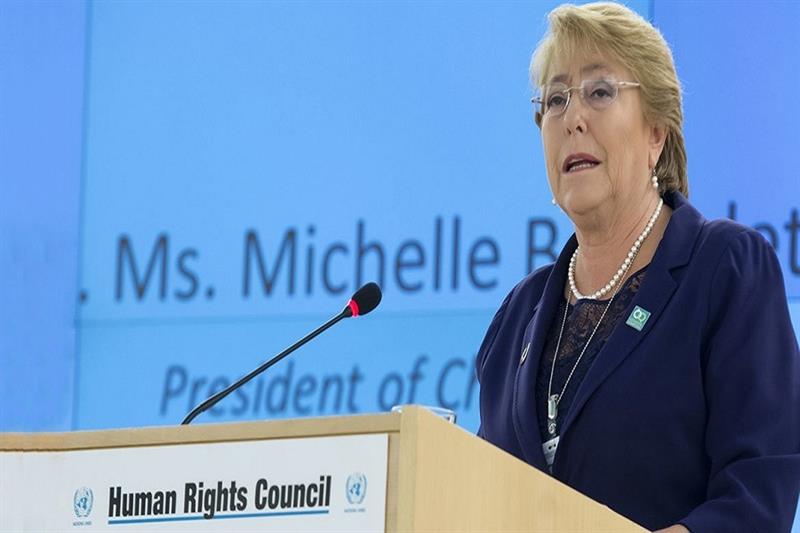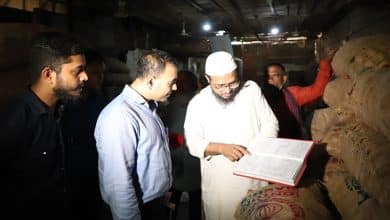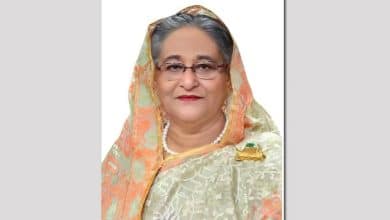UN urges WTO not to impose food export restrictions

The United Nations on Monday begged world trade ministers meeting at the WTO not to impose export restrictions on food for humanitarian purposes, amid a food security crisis.
The UN’s human rights chief Michelle Bachelet and its trade and development head Rebeca Grynspan said Russia’s war in Ukraine was increasing the risk of hunger and famine for tens of millions of people who are already food insecure or approaching food insecurity.
Countries meeting at the World Trade Organization’s ministerial conference in Geneva this week are trying to reach a consensus position on food security.
Mindful of less-developed countries, net food-importing developing countries and those reliant on the UN’s World Food Programme, the two UN chiefs said that in 2020, African countries imported about 80 percent of their food and 92 percent of their cereal from outside the continent.
They urged WTO members to “refrain from imposing export restrictions on essential foodstuffs purchased by LDCs and NFIDCs as well as those purchased by WFP for non-commercial humanitarian purposes”.
Russia’s invasion has heightened concerns for global food security as Ukraine’s Black Sea ports are blocked, preventing the country from exporting its produce.
Before the February invasion, Ukraine was the world’s fourth-largest supplier of wheat and maize.
– India concerns –
India capped sugar exports to safeguard its own supplies and ease inflation, days after its ban on wheat shipments sent global prices soaring.
Immediately after the May 25 sugar announcement, WTO chief Ngozi Okonjo-Iweala urged countries not to block or restrict exports of basic foodstuffs given the tensions on global food markets.
A decision on food security and export restrictions is one of the main expected outcomes at the WTO ministerial conference, which opened Sunday and runs until Wednesday.
A second text aims to ban export restrictions on WFP purchases but India and Tanzania oppose the move.
The UN leaders said they would work with WTO members to address anti-competitive and unfair business practices.
“Hoarding, excessive stockpiling of basic foodstuffs and associated speculation, especially during global food shortages, adversely affect the enjoyment of the right to food and erodes efforts to achieve food security for all,” they said.
EU trade commissioner Valdis Dombrovskis met India’s Commerce and Industry Minister Piyush Goyal for talks at the WTO on Monday.
“We need all members to show the same level of ambition and spirit of compromise to make this WTO ministerial a success,” the EU executive vice president said afterwards.





